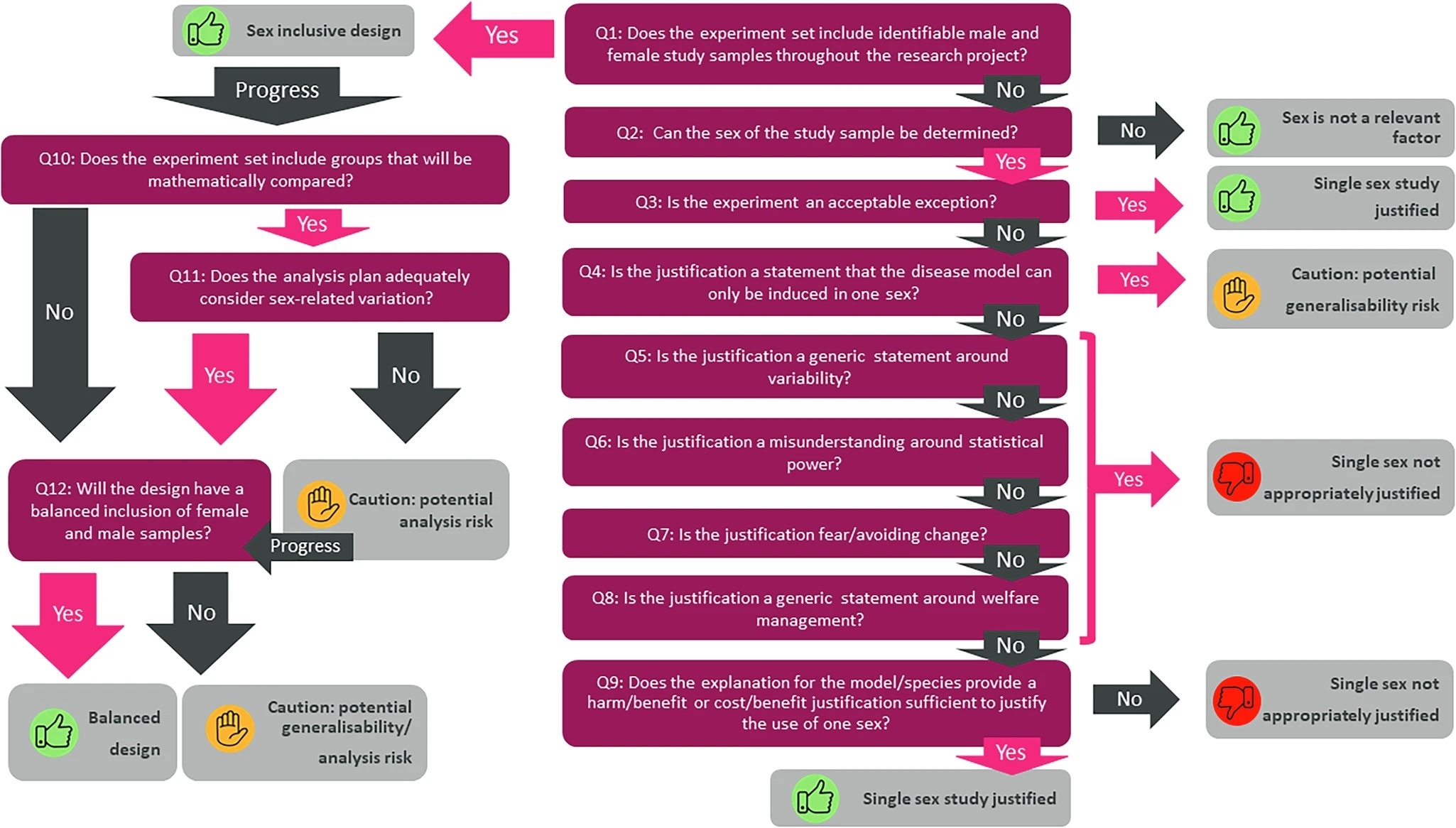Two major papers from the International Mouse Phenotyping Consortium have been published today in Nature Genetics and Nature Communications. The research marks a vital step forward in the IMPC’s goal of creating a comprehensive catalogue of mammalian gene function.
Mouse genes could help decipher human disease The first study in Nature Genetics reveals hundreds of new insights into gene function and human disease. The paper describes the analysis of 3,328 genes by the IMPC, representing approximately 15% of the mouse genome. 360 new disease models were identified. Moreover, the team identified new candidate genes for diseases with unknown molecular mechanisms. More than half of the genes analysed have never been investigated in a mouse before, and, for 1,092 genes no molecular function or biological process were previously known. Uncovering the role of sex in biological studies The second study in Nature Communications studied the differences between males and females – sexual dimorphism. Historically, a woman has been thought of as a small man in medicine and biomedical research. Even today, in medical practice the evidence-base for women is poor compared to men, reflecting a bias towards the study of males in biomedical research. In the largest study of its kind, IMPC scientists analysed up to 234 physical characteristics of more than 50,000 mice, including over 40,000 mutant mice. Surprisingly, IMPC found that around one-sixth of the parameters measured in mouse mutants varied significantly between males and females. The results have profound implications for the design of future animal studies which crucially underpin medical research into treatments for human diseases, as well as underlining the need to take into account sex in the development of therapies. Pushing back the boundaries of knowledge Later this year, the IMPC will meet its target of having analysed a third of the mouse genome, further pushing back the boundaries of our knowledge of gene function and disease. Together these two papers illustrate the profound insights into our understanding of the landscape of the mammalian genome that are emerging from the international research effort of the IMPC.



